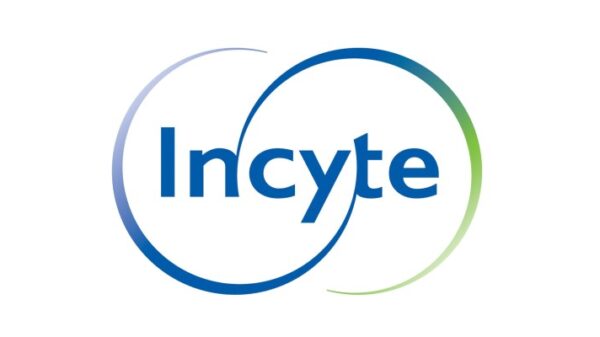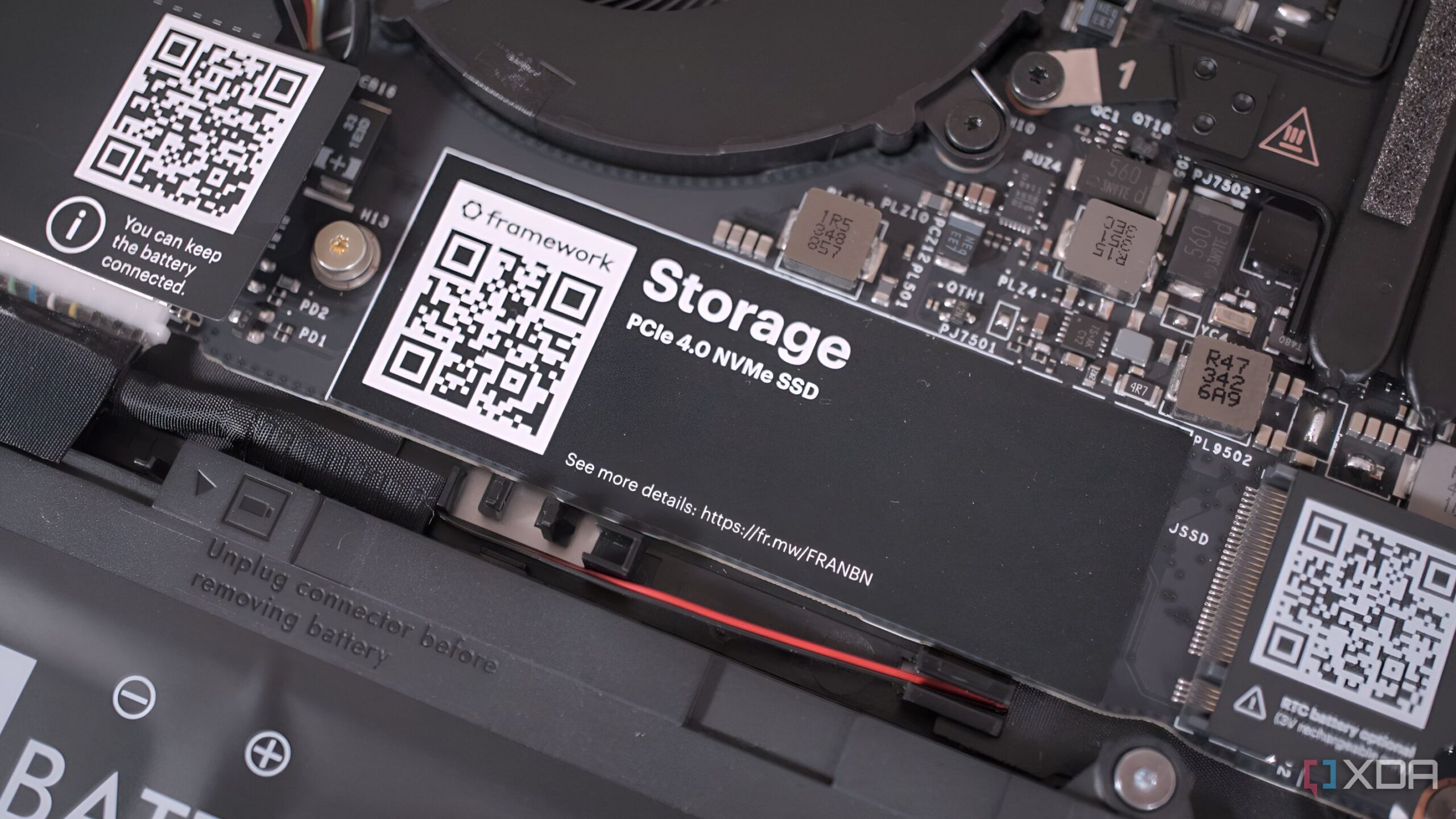UPDATE: New reports confirm that certain software utilities are rapidly diminishing the lifespan of solid-state drives (SSDs), a critical concern for millions of users worldwide. As SSDs dominate modern computing due to their speed, users must be aware of how specific tools can significantly shorten their longevity.
JUST ANNOUNCED: Authorities in the tech industry warn that commonly used software—including disk defragmenters and download managers—are quietly wreaking havoc on SSD health. This is vital information for anyone relying on SSDs for heavy data tasks.
SSD technology, while fast and resilient, relies on delicate flash memory cells that have a limited number of program/erase cycles. This means that certain applications can lead to premature wear. Here are the four categories of software that are the most significant threats to your SSD’s lifespan:
Disk Defragmentation Utilities: Traditional disk defragmentation tools are notorious for causing unnecessary wear on SSDs, generating excessive write activity despite offering no performance benefits. Misconfigured optimizers can write terabytes of data in the background, dramatically affecting SSD health. Users should be particularly wary of older third-party applications that may inadvertently trigger defragmentation.
Segment-Based Download Managers: Applications like BitTorrent can create a considerable workload on SSDs. These tools download files in segments, leading to scattered write patterns that SSDs struggle to handle. As more users adopt QLC (Quad-Level Cell) drives, the negative impact of these workloads will only increase, according to a recent update from Renee Labs in 2025.
Synthetic Benchmarks and Stress Testing: While benchmarking tools like CrystalDiskMark are useful in moderation, running them in endless loops can be catastrophic for SSDs. Such tests push drives to their limits, consuming a significant portion of their write budget in a very short period, with virtually no practical benefits for everyday users.
Cryptocurrency Plotting: Unlike mining, which has minimal impact on SSDs, cryptocurrency plotting—especially for proof-of-space coins like Chia—can devastate SSDs. This process involves creating and rewriting large temporary files, leading to multiple terabytes of writes daily. Manufacturers like Corsair and Crucial have even excluded such workloads from warranty coverage, emphasizing the urgency of this issue.
In total, these tools and workflows can rapidly exhaust your SSD’s Terabytes Written (TBW) and Drive Writes Per Day (DWPD) ratings, significantly shortening the lifespan of these drives. Users must act quickly to prevent unnecessary wear and tear.
To protect your SSD, consider the following immediate actions:
1. **Avoid Disk Defragmentation Utilities**: Rely on built-in OS features designed for SSD optimization.
2. **Limit Use of Download Managers**: Opt for direct downloads when possible.
3. **Use Benchmarks Sparingly**: Only run benchmarks when absolutely necessary, keeping sessions short.
4. **Reconsider Cryptocurrency Plotting**: Opt for hardware designed specifically for such workloads rather than relying on consumer SSDs.
In conclusion, while SSDs provide exceptional speed, their longevity is directly tied to user habits. By understanding the impact of these common software utilities, users can extend the lifespan of their SSDs significantly. Awareness and preventive measures are key to maintaining SSD health in today’s data-intensive environment.
Stay tuned for further updates on this critical issue affecting tech users globally.






































































